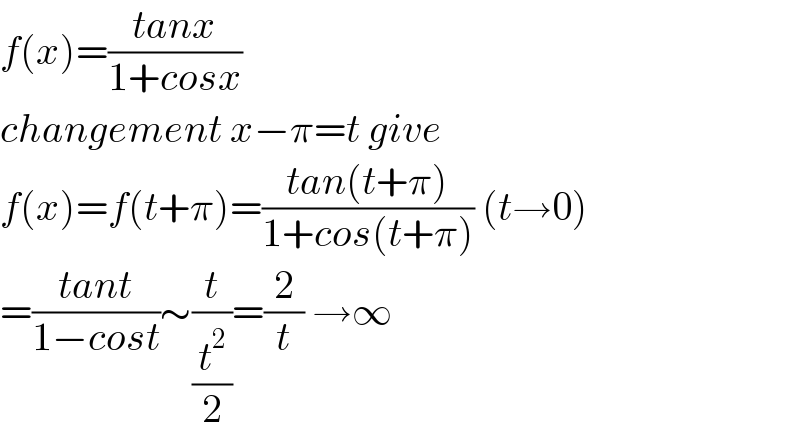
Question and Answers Forum
Question Number 160609 by cortano last updated on 03/Dec/21
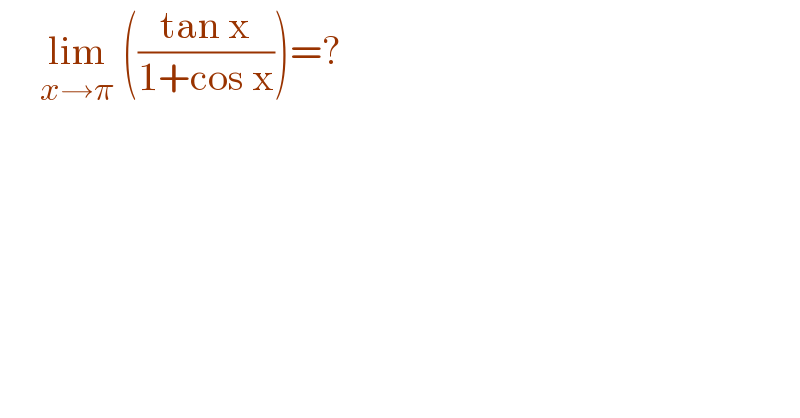
Answered by Ar Brandon last updated on 03/Dec/21
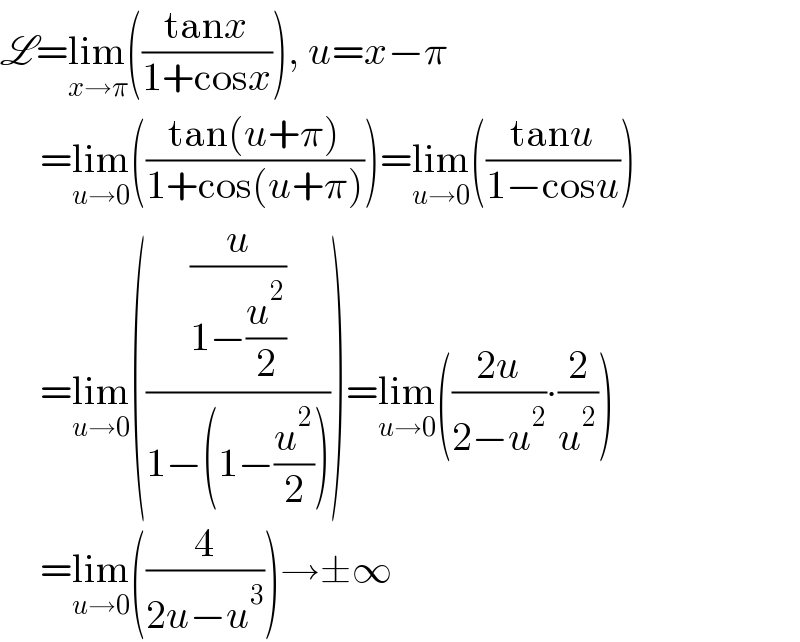
Answered by alephzero last updated on 03/Dec/21
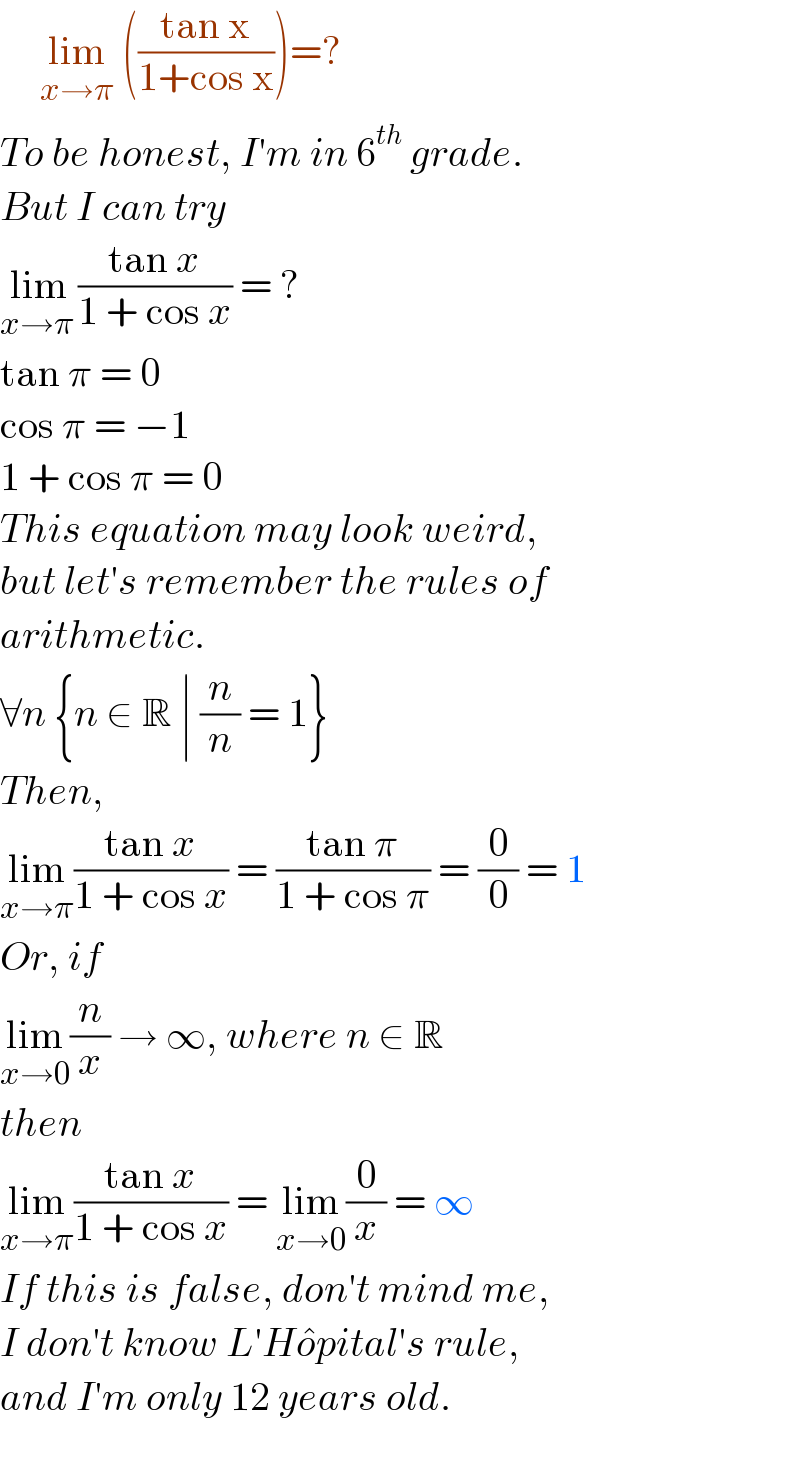
Answered by tounghoungko last updated on 03/Dec/21
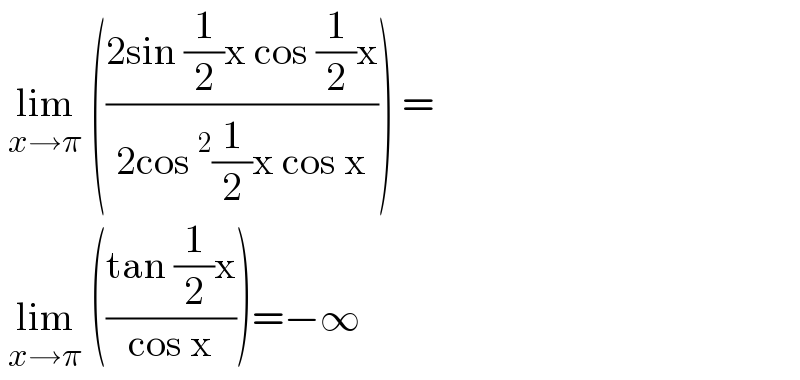
Answered by Mathspace last updated on 03/Dec/21
